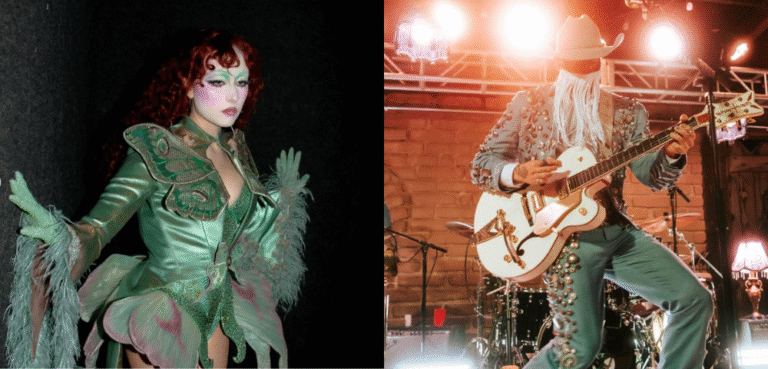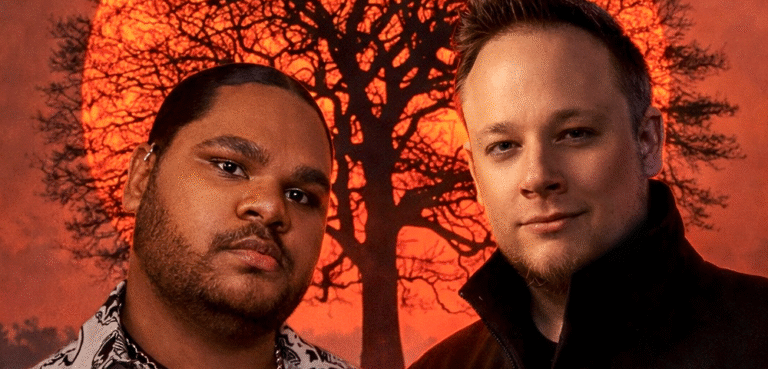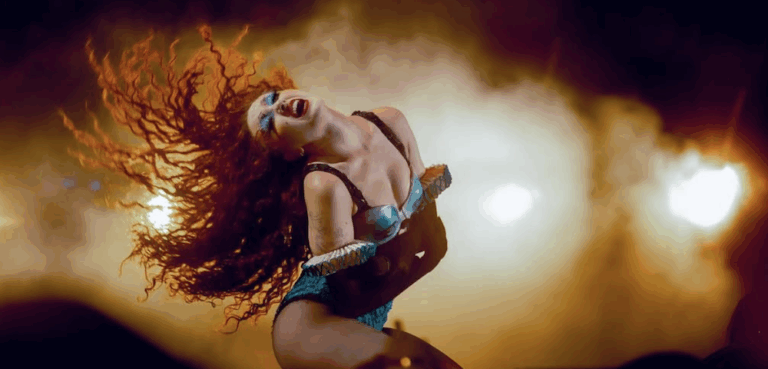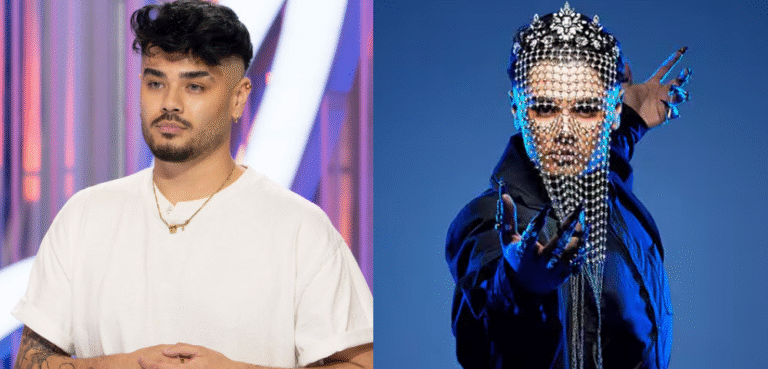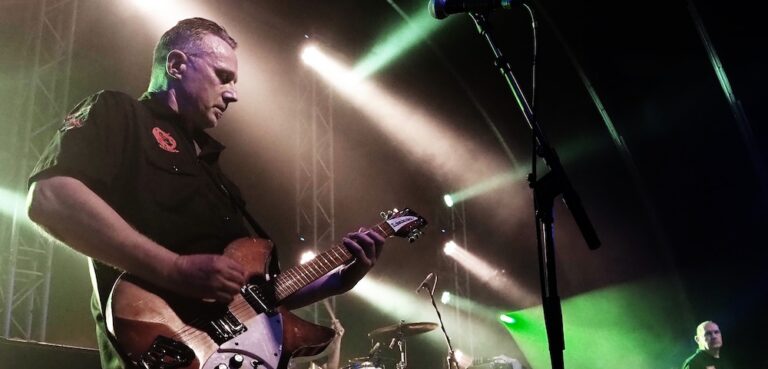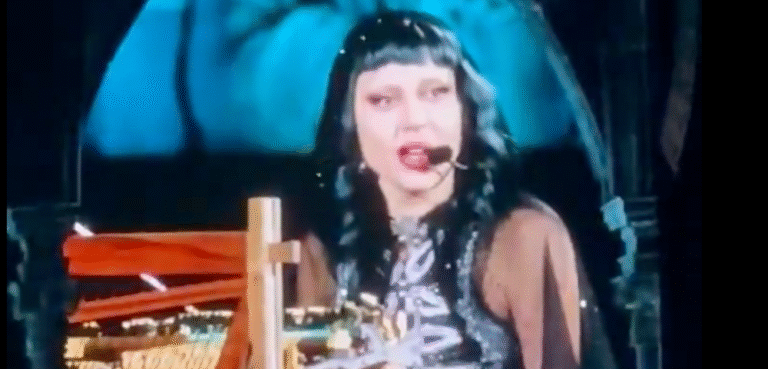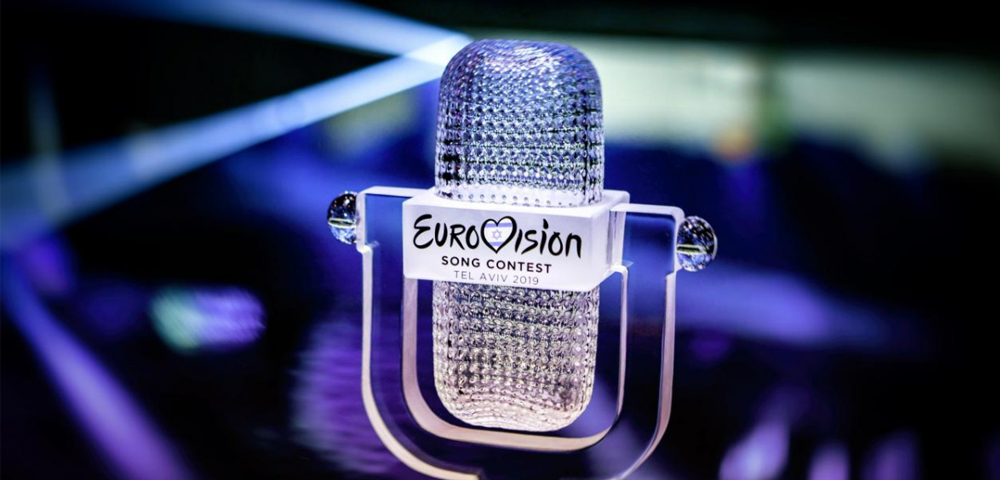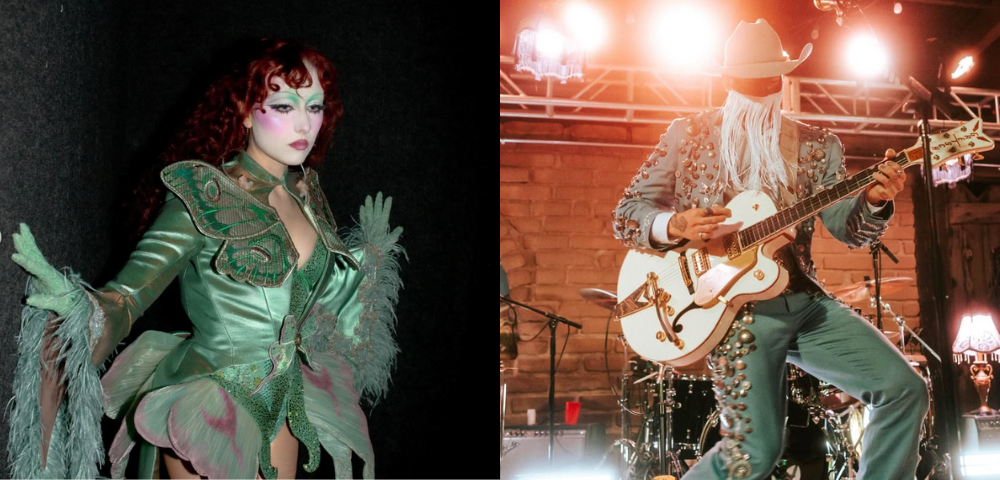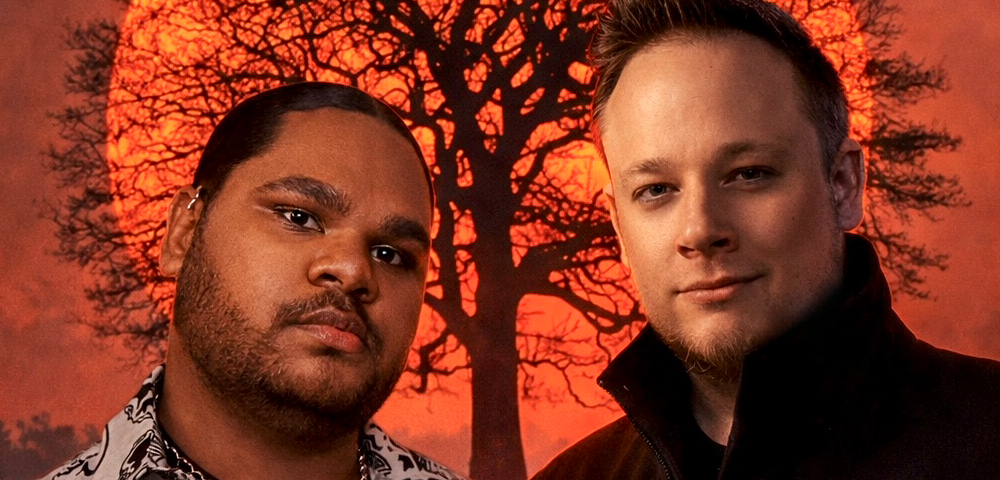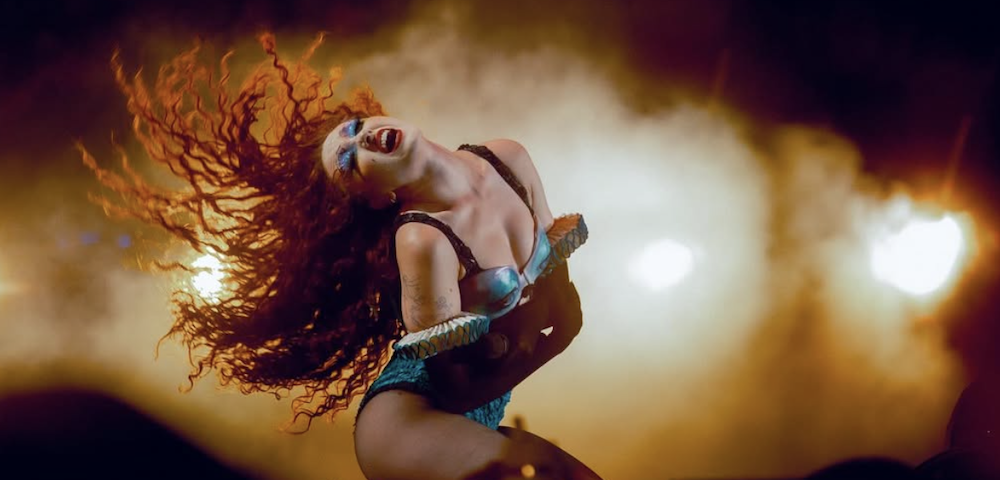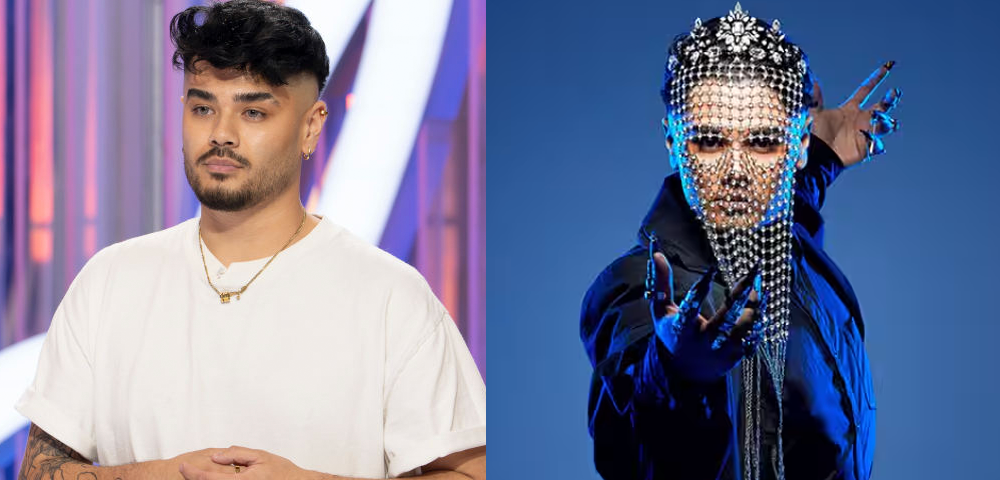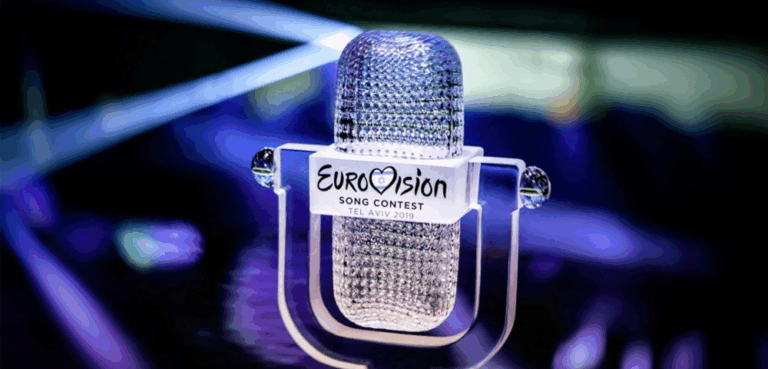
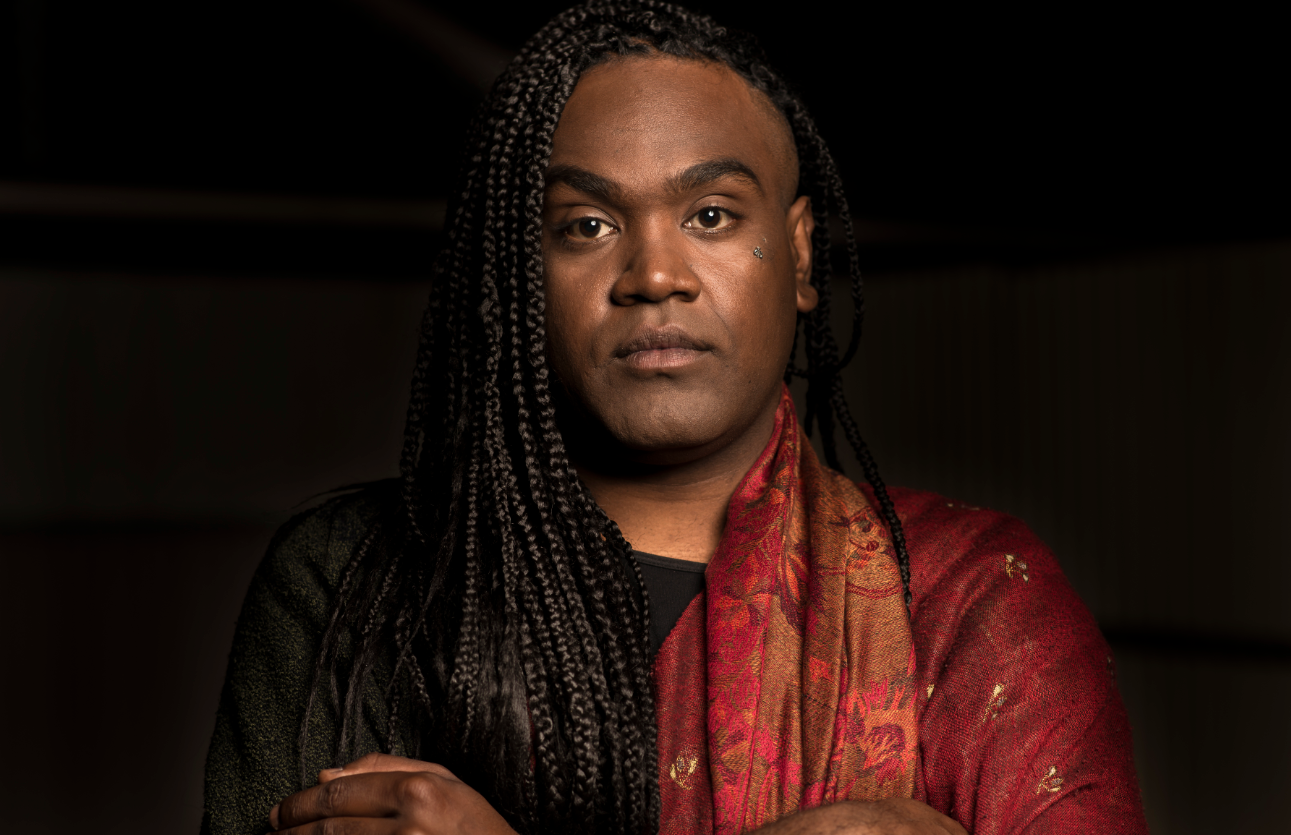
Star Observer caught up with some of the awesome LGBTI Aboriginal and Torres Strait Islanders who are doing amazing work in their respective fields across the country. The fab five speak about who they are, what they do and what they have been up to. There are plenty more LGBTI Indigenous Australians kicking goals, but here are some to get you started:
Ellen van Neerven, 25, Brisbane
Writer, editor and arts worker
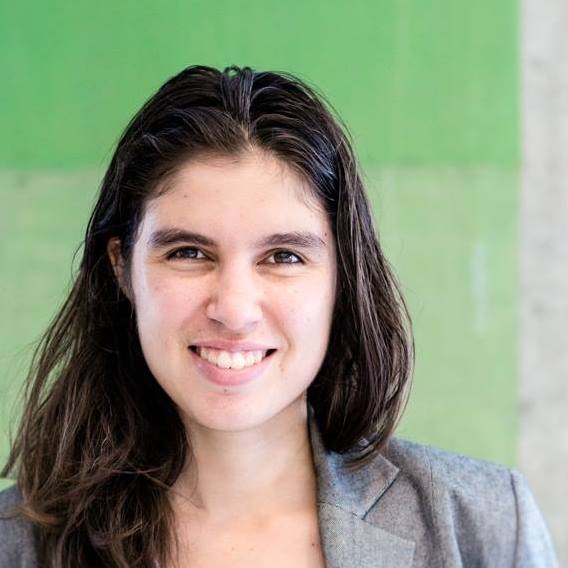
Van Neerven is an award winning author whose book Heat & Light picked up the NSW Premier’s Literary Awards Indigenous Writers Prize in 2015. The book tells the story of queer young Murri (Indigenous people from Queensland and north-west NSW) women of the past, present and future.
“Writing our stories just feels really good. It’s a way of connecting with my culture, and expressing my identity as a young Mununjali woman,” Van Neerven says.
Trained as a fiction and poetry editor she has worked with amazing Indigenous writers across the country and now works at the State Library of Queensland’s black&write! Indigenous writing and editing project.
“I love working with our writers too. The more our stories are told, the more truthful our national story is,” Van Neerven says.
Her second book Comfort Food was released in June and next she plans to write a book about women’s football.
“I’ve been playing the sport for most of my life and want to explore the connections with country, identity, desire and rivalry,” she says.
Miss Ellaneous, ’25’, Darwin
Drag queen extraordinaire, business owner and creative producer Ilbijerri Theatre Company
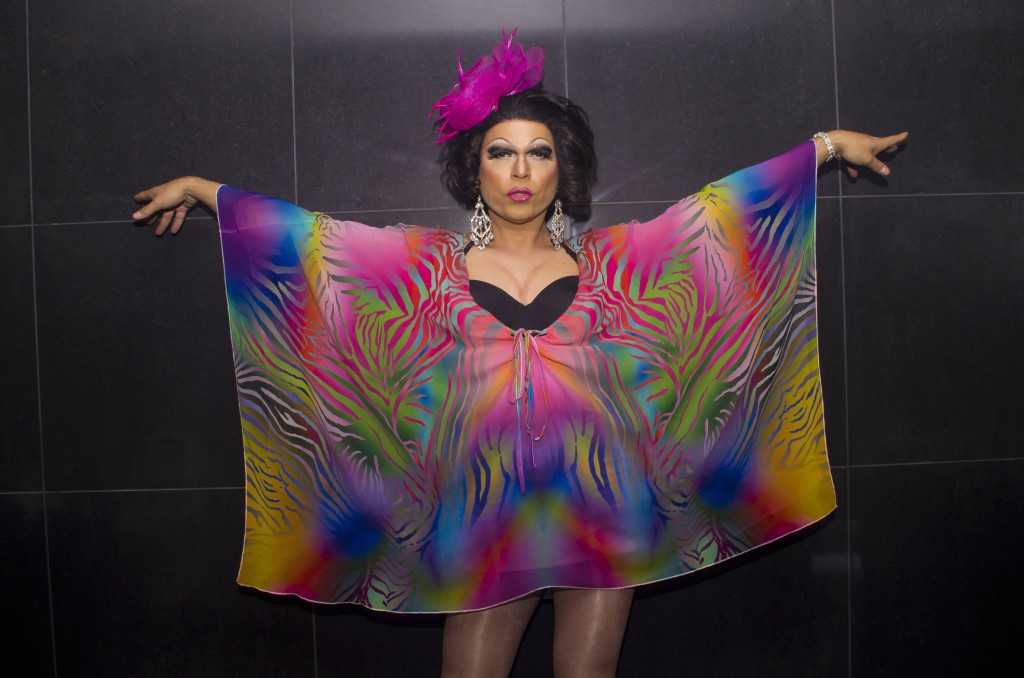
Miss Ellaneous is a truly international drag queen, but names one of the highlights of her 15 year career as leading the First Nations float in the 2013 Sydney Gay and Lesbian Mardi Gras.
“It was an empty road in front of us and to know the rest of the parade is behind you is an amazing feeling and honour,” she says.
Through her company Party Passport, Miss Ellaneous also produced Darwin’s first ever Mardi Gras float.
The “friendly” drag queen performs at community events around the country and through her work is trying to raise the profile of Indigenous LGBTI people.
“If you look around our drag community, there’s not a lot of people of colour or from culturally diverse backgrounds. While we have fun, it does come from a political base. It can create change,” she says.
“I don’t like the bitchy side of drag queens, I want to be a bit more loving and accepting.
“When you have grown up Aboriginal or Torres Strait Islander you know what it’s like to be a minority and you’re more of a minority being black and gay.
“The last thing you want is to make other people feel bad.”
Shaun Edwards, 41, Kokoberrin Homelands
Owner, founder and designer of Wild Barra

Founded in 2014 the Wild Barra swimwear and yoga clothing line was created because Edwards wanted to see more clothing that looked Australian, more specifically that represented his family’s land in Cape York in far northern Queensland.
“European gay men were always interested in buying Indigenous clothing or Indigenous swimwear and they just couldn’t get it anywhere,” he says.
“And I just got sick of hearing it… and I just thought ‘there’s nothing at all’.
“There is some more now, but I think I’m the only one doing men’s swimwear.”
As an artist Edwards works under his language name, Ma Wanjibang Pukun, given to him by his great grandfather.
As Indigenous art galleries closed around the country, Edwards was forced to adapt to a changing market and decided to channel his creative talents into fashion.
“The creativity comes ancestrally for me, because many of my ancestors were creative artists,” he explains.
“I’m maintaining connection to country through my art and keeping those stories alive.
“That’s something I’ve always done and had my elders with me along the way.”
Zaachariaha Fielding, 24, Mimili
One-half of Electric Fields and one-half ZK finalists on The Voice
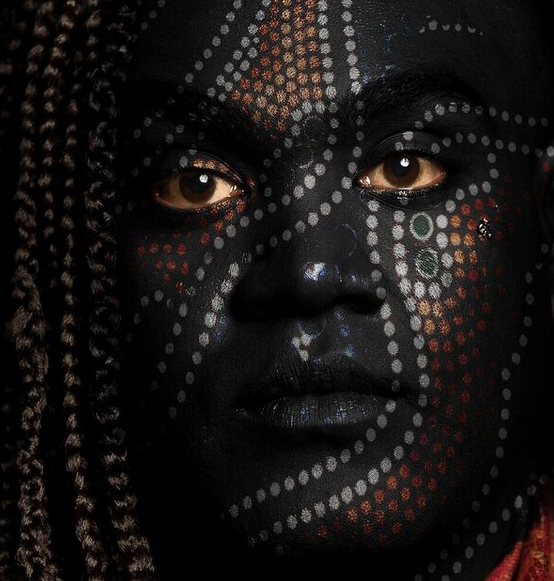
When he is not planning trips to perform in China or at the Edinburgh Fringe Festival later this year with his band Electric Fields, Zaachariaha Fielding is stacking shelves at the local store in his hometown of Mimili – population 283 – in far north-western South Australia.
“I remember the store being a sacred place for the elders who used to sit out the front and have a laugh,” he says.
Fielding shot to fame in 2014 as a finalist of The Voice alongside Krystal West – granddaughter of land rights activist Eddie Mabo – in their group ZK.
“I had some difficulties with my identity and I wasn’t accepting of myself in 2014,” he explains.
“I didn’t know what my role was going to be in the world. I didn’t know who i was with my sexuality and being black and all these labels, I didn’t know why people people would screw their nose up at these things.
“But now I’m blossoming, I’m in a new place.”
On July 22, he releases his group’s new EP, Electric Fields Inma, which means traditional dance in the Anangu language.
“Music, it’s like an outlet to me,” he explains.
“It’s like a drug, a personal journal. It keeps me sane enough to save money on psychologists.”
Maryanne, Northern Rivers NSW, 55
Domestic violence advocate
Working in community services her whole life, Maryanne now plays a very important role in the lives of women who arevictims of domestic violence, by helpiung them during court proceedings.
“I’m certainly not doing it for the money… I like supporting people,” she says.
“There is so much domestic violence in this country, in every sector, whether it’s Aboriginal, LGBTI or anywhere. We’re in an epidemic of domestic violence.”
She believes the solution lies in educating men to treat women better and to empower people to call out domestic violence when it is happening to someone they know.
“I’m worried about funding, refuges are being closed,” she says.
“Where do women go? Where do gay women or Aboriginal women go?
“If someone is transitioning and Aboriginal, they have nowhere to go.”
Maryanne is also proud of her ability to overcome drug and alcohol addiction. She can now proudly claim she is 20 years sober.
“I want people to know it is possible,” she says.
“I have a fantastic life now, living life as a practicing drug addict and alcoholic is soul destroying.
“I feel strongly around my identity and who I am; I can say as an Aboriginal lesbian, you don’t have to drink and do drugs.
“Now I live in paradise. I have the eyes to see, hear and feel that, that’s the hugest gift of recovery.
“I have the gift of being able to do the work I do.”
